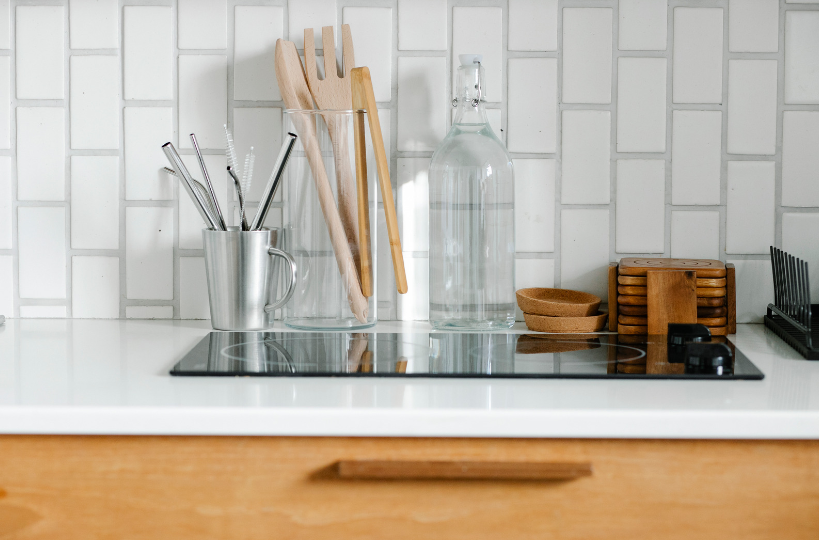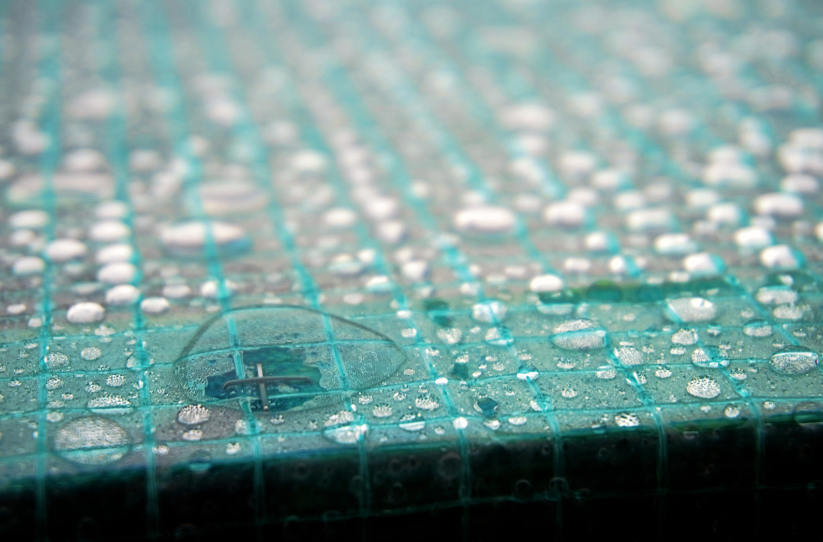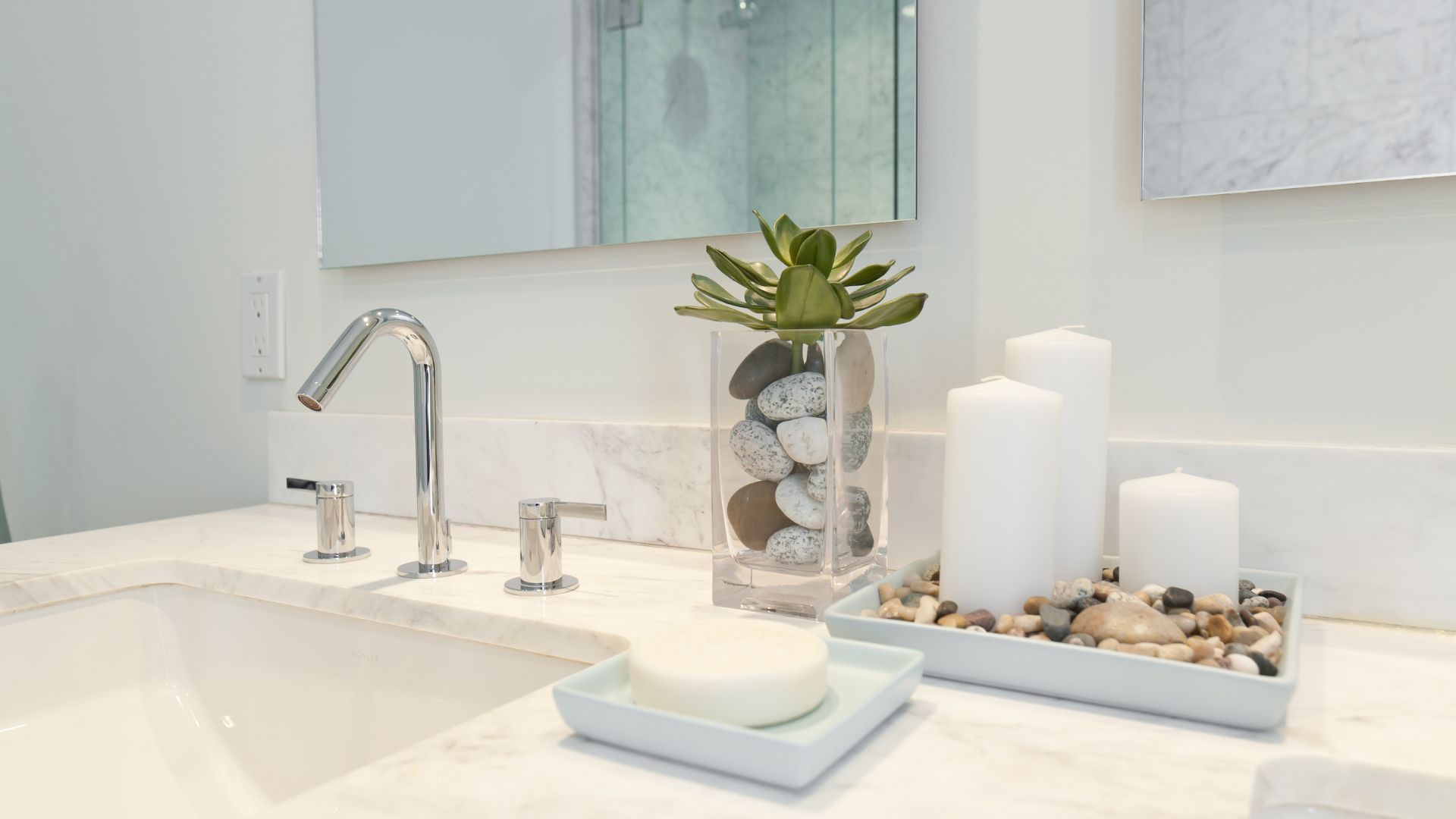Can I Install Solid Wood Flooring in My Basement?
If you have an unfinished basement that you want to turn into an elegant living space, you may have considered installing solid hardwood flooring. While it will give the space a classic, refined look, there are many reasons why solid wood flooring is not a good choice for your basement.
Basements are notorious for high humidity and large temperature fluctuations. Since
solid wood flooring is easily damaged by such conditions, we do not recommend installing it in your basement. Solid wood floors can swell, buckle, and crack with even moderate amounts of humidity; if water pools in your basement after a heavy rain, your floor is likely to be ruined.
Even if there is no standing water in your basement, water from the ground gradually seeps into nearly every basement. This will slowly but surely rot your hardwood floor. If your water heater is in your basement, a leak or system failure could also destroy your floor.
So are you stuck with an ugly concrete floor in your basement? Not at all! Vinyl and tile floors are great basement flooring options due to their high moisture resistance. If you really want the look of solid wood, you still have a couple of options.
Modern
laminate flooring can be manufactured to look just like solid hardwood. While laminate is much more moisture resistant than solid wood, we still recommend adding a moisture barrier underneath it. This is generally done by installing waterproof plastic sheeting below the flooring. Since laminate is often installed as a floating floor, it lends itself well to even a thick moisture resistant underlay. You can also install radiant heating underneath a laminate floor so that your basement will be nice and cozy on even the coldest winter nights!
If you want to get as close to solid wood flooring as possible, some engineered wood floors are also suitable for basements. Because engineered wood planks are made from perpendicular layers of wood, they are much more resistant to warping and cracking than solid hardwood. The solid wood veneer is also only on the top layer, meaning that the lower layers (made of high density fibers, much like laminate flooring) are much more moisture resistant than the top layer. A moisture resistant underlay is also recommended to protect your flooring as much as possible.
Although basements present unique flooring challenges, there is nothing stopping you from achieving exactly the look and feel you want in your basement. Laminate and engineered wood floors can give your basement a luxurious appearance while minimizing the risk of water damage. If you plan on using the space as a home gym or a teenager hangout area, tile or even
custom rubber flooring might be an even better option.
Whatever type of flooring you decide to use in your basement, call us to ensure that the proper precautions are taken during installation. With professional installation, most flooring types can last just as long below ground as they do above ground!
You might also like



